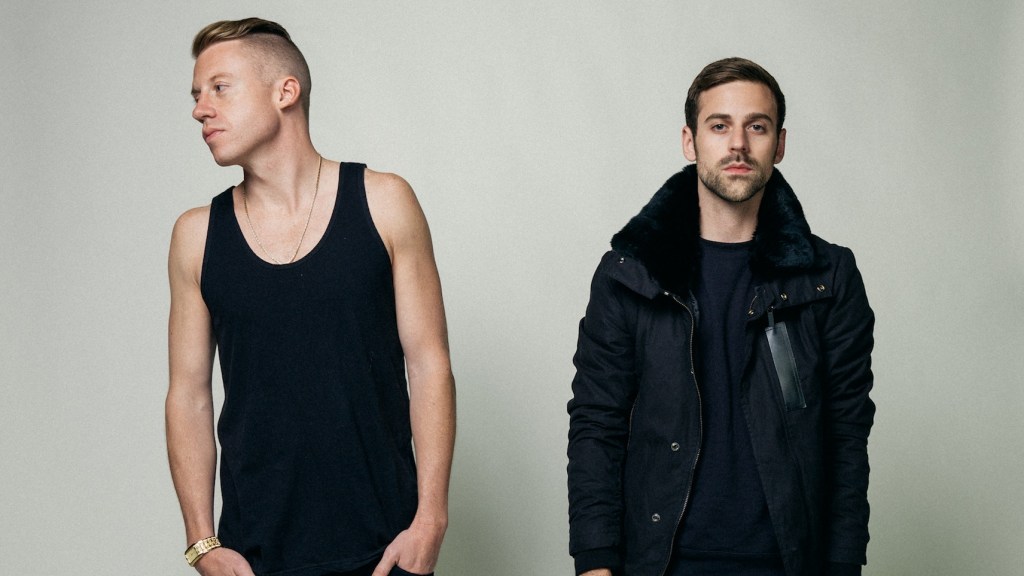The Heist was an album that succeeded almost in spite of itself. That’s not to disparage the songs themselves – although countless were quick to do so. Rather, it’s a reflection on its context. Picture this: Independently-released pop-flavoured hip-hop with subject matter including (but not limited to) popping tags, combatting homophobia, making up, breaking up, holding onto sobriety and letting your vices take hold. Despite…

The festival landscape has undergone major upheaval in the last three years, and Covid’s long-term impact on the music industry…










